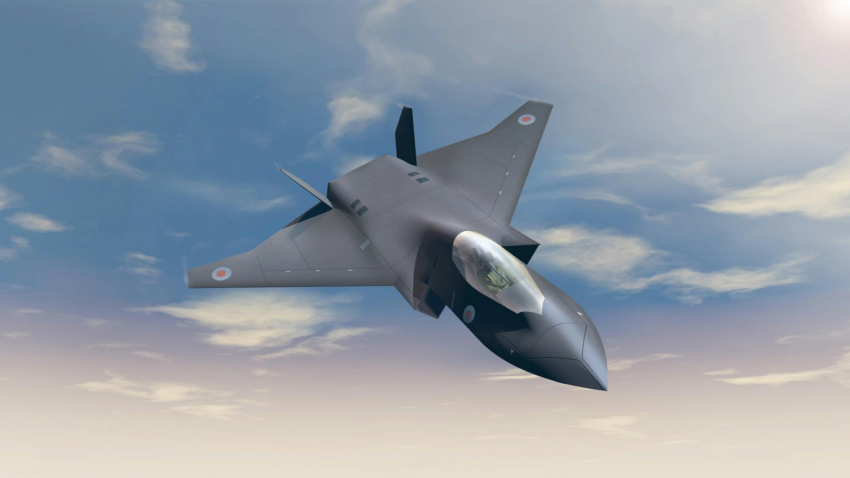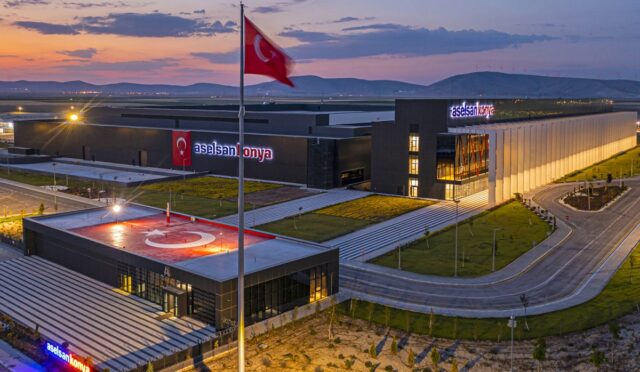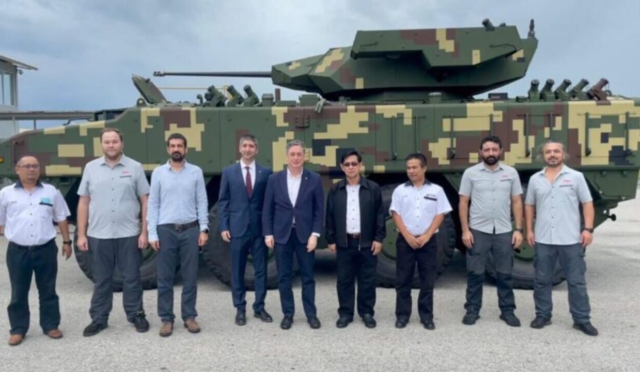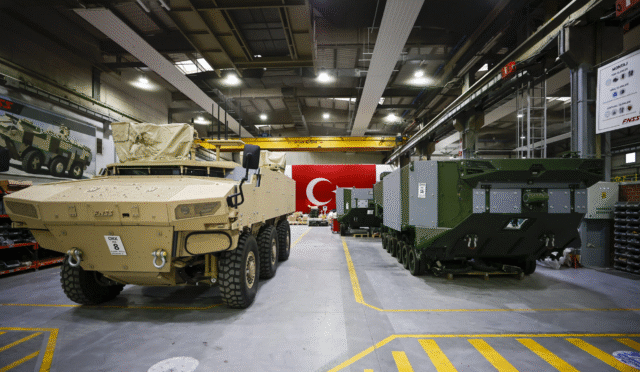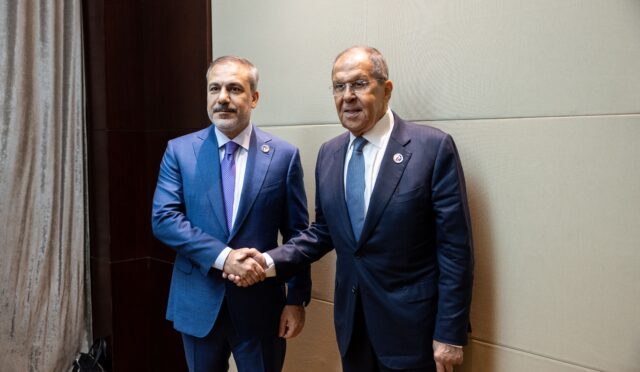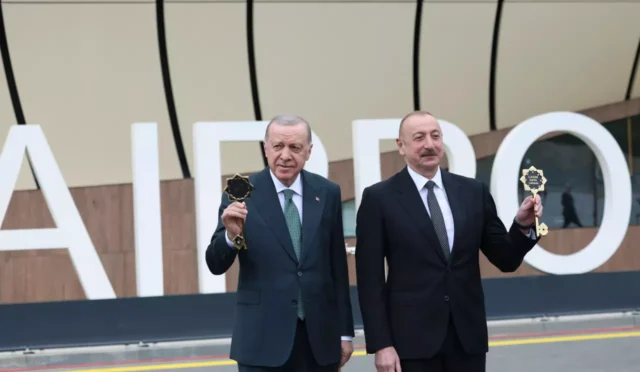UK’s Technology Sharing Concerns in Tempest Fighter Jet Program
**Italian Defense Minister Guido Crosetto has raised concerns regarding the United Kingdom’s commitment to sharing technologies related to the Tempest next-generation fighter jet project.** He criticized the UK for allegedly withholding vital information from its partners, Italy and Japan. Crosetto urged London to eliminate what he termed the “barriers of selfishness,” emphasizing the need for collaborative spirit among nations involved in this ambitious aerospace venture.
Despite his strong words, the minister refrained from specifying which technologies have been kept in the dark. He expressed disappointment over the UK’s reluctance to fully embrace collaboration, stating, “There is no longer anyone who can be considered first-class or second-class”, and pointing out that Italy has already made significant strides in dismantling barriers to cooperation.
Response from the Italian Ministry of Defense
In light of Crosetto’s remarks, a spokesperson for the Italian Ministry of Defense described the Global Combat Air Programme (GCAP) as a prime example of successful international collaboration. They highlighted that the joint development of technologies and capabilities is at the forefront of aerospace innovation. “We are committed to co-developing one of the most advanced fighter jets in the world together,” the spokesperson declared, reinforcing the importance of transparency and shared goals.
Last year, the UK, Italy, and Japan announced plans to form a joint company dedicated to developing the next-gen fighter jet, an endeavor that signifies a progression from previously established agreements in 2022. The partnership will see BAE Systems (UK), Leonardo (Italy), and the Japanese Aircraft Industrial Enhancement Company (JAIEC) each holding equal stakes in this groundbreaking collaboration.
Interest from Other Nations
Amidst the ongoing discussions, interest from additional countries has emerged, particularly from India and Saudi Arabia, eager to join the GCAP initiative. Reports from Japan’s Sankei have indicated that Indian officials are seeking participation in the sixth-generation fighter jet program. Similarly, sources from Japan have confirmed these developments through diplomatic channels with Indian representatives.
Lorenzo Mariani, the CEO of Italian defense giant Leonardo, underlined the potential benefits of Saudi Arabia’s involvement. By engaging in the production of the Eurofighter jets and NH90 helicopters, Mariani noted, Saudi Arabia could significantly bolster its industrial capabilities for the GCAP project. He emphasized that successful integration into the program will require active production engagement rather than mere financial investment, indicating that initial projects may serve as a foundation for deeper collaboration.
Building Industrial Competencies
Mariani elaborated on the requirements for new partners to effectively join the GCAP, emphasizing a structured approach to ensure balanced industrial participation. He stated, “A specific process is needed for a new partner to quickly but balancedly join GCAP,” stressing that understanding each partner’s industrial capacity is crucial.
He highlighted existing projects, like a new Eurofighter order or NH90 production, as opportunities to cultivate a collaborative environment. “In the past, we focused solely on selling; now we propose producing together,” Mariani concluded, illustrating the shift towards a more integrated approach in defense initiatives.
